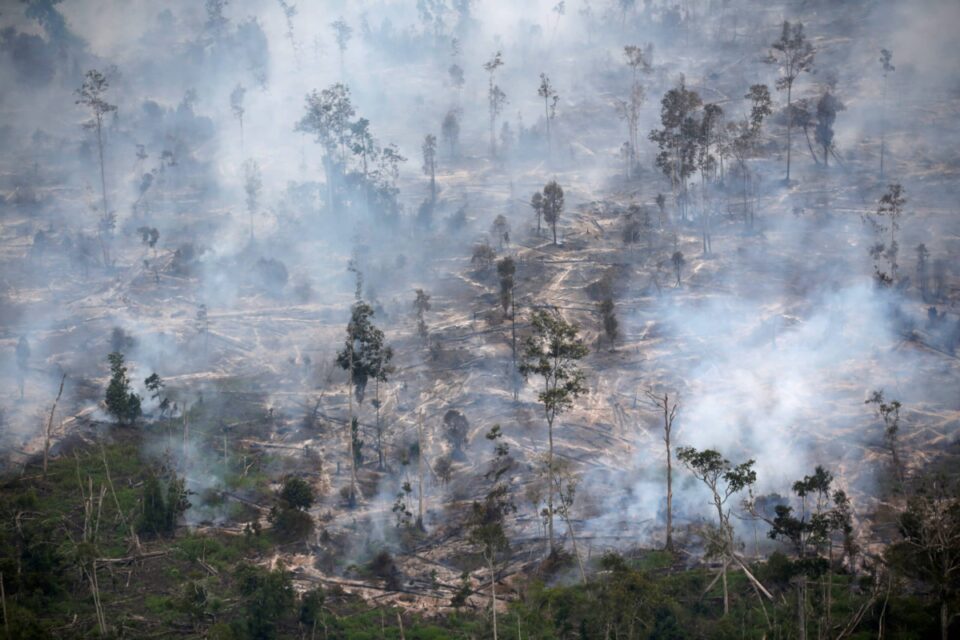By Danial Dzulkifly
KUALA LUMPUR, Oct 12 — As Southeast Asia grapples with transboundary haze, Malaysia is advocating for diplomacy and collaborative strategies with fellow Asean nations instead of solely relying on legislation, said Minister for Natural Resources, Environment, and Climate Change Nik Nazmi Nik Ahmad.
Highlighting the importance of strong ties between Malaysia and Indonesia, Nik Nazmi argued against mere local legal frameworks which can’t be executed beyond national boundaries.
“Transboundary haze pollution cannot be addressed solely by enacting laws or simply pointing fingers. We must recognise that Indonesia has made significant improvements in their approach to tackling field burning in recent years.
“This includes the issuing of a presidential decree, among other things. Their approach now contrasts with past strategies,’’ said Nik Nazmi in parliament today.
He was responding to a query by Bagan Serai MP Datuk Idris Ahmad, who sought clarification on whether there were any existing laws that could be invoked against Malaysia’s neighbours for their role in the issue of transboundary haze that affects Southeast Asia, particularly stemming from incidents of open burning in Sumatera.
Citing Singapore as an example, Nik Nazmi said the city -state has implemented its own Transboundary Haze Act, but efforts to prosecute have not had any realistic outcomes.
Nik Nazmi then underlined the need to fortify the Asean Agreement on Transboundary Haze Pollution.
“Our country has consistently leaned towards a diplomatic approach. We’ve harnessed technical and scientific strategies through the Asean Agreement on Transboundary Haze Pollution. It’s noteworthy that this accord was endorsed in 2002, with Malaysia as its first signatories.”
“On October 6, in collaboration with the Ministry of Foreign Affairs, we also issued a diplomatic note to Indonesia. This was to inform them about the haze situation in our country and express our willingness to cooperate to extinguish fires in affected regions.
“Moving forward, there’s a need among Asean countries to strengthen the Asean Agreement on Transboundary Haze Pollution. For inspiration, we might consider the Canada-US Acid Rain Agreement of 1991.
“This is particularly relevant because, under the current Asean agreement, there’s no provision for punitive actions, unlike the latter agreement,’’ he said.
Nik Nazmi also clarified the government will not shield any Malaysian companies found to be involved in these fires.
The recurring haze issue has been a major concern for Southeast Asian countries over the years, primarily resulting from forest fires and “slash-and-burn” agricultural practices in the region.
This has caused a significant impact on regional air quality, which has affected the daily lives and poses health risks to millions of people.





